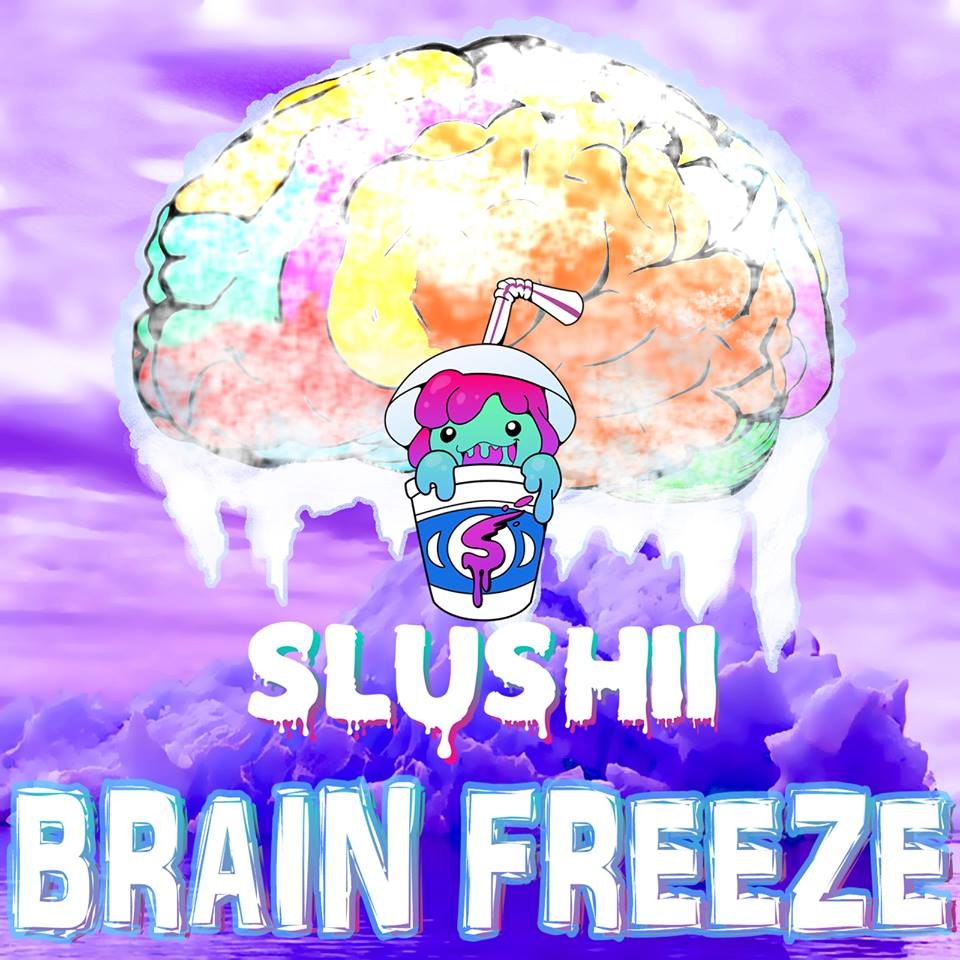Digital/Pemisahan: Anonhi dan Musik Elektronik Terbaik Mei

Digital/Divide is a monthly column devoted to any and all genres and subgenres in the great big beautiful world of electronic and dance music.

Staunch Trump supporters, determined Clintonites, and Sanders holdouts all appear keen to see some kind of change come 2017, albeit defined in significantly different terms depending on who you ask. Yet as American politics careens perilously towards something arguably more toxic to democracy than mere left-right partisanship, there’s a cultural void that remains curiously unfilled. Squabbles and tiffs about campaign theme songs make for neat headlines, as do celebrity endorsements. Much like the rallies and stump speeches of the candidates, rarely if ever do these amount to much beyond a few pandering shouts from the concert stage for the fleeting benefit of a self-identifying pre-screened audience.
If America is as divided as the polls and social media screeds suggest, where, then, are the records that define or at least describe a nation in tumult? The dearth of so-called protest music can be felt as we limp towards the inevitabilities of the respective conventions. Across genres, most of today’s popular artists seem content to inhabit more personal spaces, which in many cases makes them less meaningful. Kendrick Lamar’s last two records practically stand alone in their sociopolitically charged depictions of contemporary African-American life.
The arrival of ANOHNI’s cutting, nihilistic, vitriolic, witty, antagonistic, and simply breathtaking new album Hopelessness [Secretly Canadian] outwardly rejects any artificial separation of personal and political as cowardice. To her, there’s far too much at stake not to speak up and speak out. The ecological devastations described through sucked teeth on “4Degrees” adds morbid humor to the business of climate change denial. “Watch Me” likens the ever-encroaching surveillance state to a more literal paternalism, all the while detailing the unsettling means and rationales given by authorities.
Death and the spectre of death looms throughout Hopelessness, whether in the sacrificial exclamations of “Drone Bomb Me” or the capital punishment comparisons of “Execution.” The album’s very title rejects President Obama’s single-word slogan, and the squirmy track bearing his name is in no way flattering.
For this powerful and oft discomfiting statement album, she’s recruited two of electronic music’s most interesting contemporary producers. A disparate pair on the surface, savvy club commander Hudson Mohawke and experimental artisan Oneohtrix Point Never seemingly represent two poles of Warp Records’ ethos. Yet together they’ve given ANOHNI a glorious sonic platform from which to proselytize. At times it’s easier to discern their respective contributions than others, yet such navel-gazing trainspotting defeats her purpose: to scold and shame America for its exceptionalist global role in matters political and economic. No matter who you intend to vote for, it’s a message worth contemplating soundtracked by a beat well worth hearing.

Kristen Kontrol: X-Communicate [Sub Pop]
A not unsubtle left turn from the increasingly gothic trajectory of her Dum Dum Girls, the artist formerly known as Dee Dee has amped up the electronics for this new pseudonymous synthpop project. Unlike Interpol moaner Paul Banks’ quizzical 2009 dalliance as Julian Plenti, the full-length debut from Kristen Kontrol does more than self-indulgently scratch a creative itch. Those who swooned over the bold new wave moments of 2014’s Too True ought to embrace the more immersive X-Communicate. With intergenerational inspirations that range from Bowie to Enya to Perfume Genius, Kontrol directs her songwriting towards the discerning dancefloor on “White Street” and the billowy Erasure-esque title track. The record’s diversity allows for slower tempos and organic elements to commingle with the keys and drum machines. “Skin Shed” slyly teases at the early ‘90s sound currently in full-throated revival at labels like Spinnin’ only to smother it with overdriven guitar chords. Later, Kontrol embraces ambient textures and ambitious echoes for the expansive closer “Smoke Rings.”

Sepalcure: Folding Time [Hotflush]
Bass music has done a tremendous job of genre-busting in recent years, both allowing and encouraging artists to explore less conventional structures and percussive avenues. The latest in this ongoing collaboration between producers Braille and Machinedrum, Folding Time employs erratic beats, nocturnal textures, and pop voices to make one of the style's most emotionally devastating album-length offerings yet. Imbued with a perpetual sense of ennui and apprehension, Sepalcure's sonic palate puts one in a pensive mood on cuts like "Hearts In Danger" and "Not Gonna Make It." A gutting amplification of Drake's mopey yet tropical summer jams, "Been So True" drops human heartbreak over a dembow riddim. Perhaps too effective, the Burial-esque "Hurts So Bad" might take you a very dark place via its looping refrain and backwards masking.

Slushii: Brain Freeze [Slushii]
Taking a similar tack to fellow EDM mysterion Marshmello, this secretive producer dropped a seven-track set ahead of a planned release for Diplo’s Mad Decent imprint. Whoever happens to be behind these sacchariferous club jams, they’re clearly having loads of fun making them, with unexpected adult laughter affixed to the tail end of the loosely trappy “Make Me Feel.” Chirping vocal manipulations, unpredictably BPMs and Eurodance excesses define a good chunk of the material. Breezy banger “Some More” seems designed for the summer months ahead, melodies playfully flicking around one another. “Statik Shock” entertains a loose synthwave connection while highlight “Destiny” skillfully melds the dichotomous throwbacks of 808s And Heartbreak-style Kanye and early aughts trance pop like Chicane and Paul Van Dyk. “Closer” drops the tempo but never the facade, with a slightly garbled and presumably male voice pleading for a human connection. If this happens to be some covert Marshmello side-project, nobody would be surprised, nor disappointed.

Virginia, Fierce For The Night [Ostgut Ton]
For all of Berlin institution Berghain’s reputation for deliberate obfuscation and inaccessibility, the full-length debut from one of its resident DJs couldn’t feel more welcoming. Co-produced with journeyman Dutch artist Martyn and Klakson co-heads Dexter and Steffi, Virginia’s Fierce For the Night warmly celebrates the pop artistry of club music, taking listeners on a veritable tour of vocal house’s roots, iterations, and opportunities. Opener “Bally Linny” sets the tone with a subtly acidic bassline enrobed with tentative beauteous pads. Yet it almost immediately gives way to the tricky disco boogie of “1977” and then the Bambaataa electro warbles of “Obstacle.” Thematically adherent to the traditional and relatable dancefloor takes on love, her songs succeed both in nightclub context or home listening not unlike some of Everything But The Girl’s best. “Lies” captures the essence of Luomo’s Force Tracks era from the get-go, while “Funkert” and “Raverd” reach further back into a more illicit period. Downtempo numbers like “Believe In Time” successfully aid in keeping the album well-rounded.
Gary Suarez is a music writer born, raised, and based in New York City. He’s on Twitter.
Bergabung dengan Klub!
Bergabunglah Sekarang, Mulai dari $44Exclusive 15% Off for Teachers, Students, Military members, Healthcare professionals & First Responders - Get Verified!




